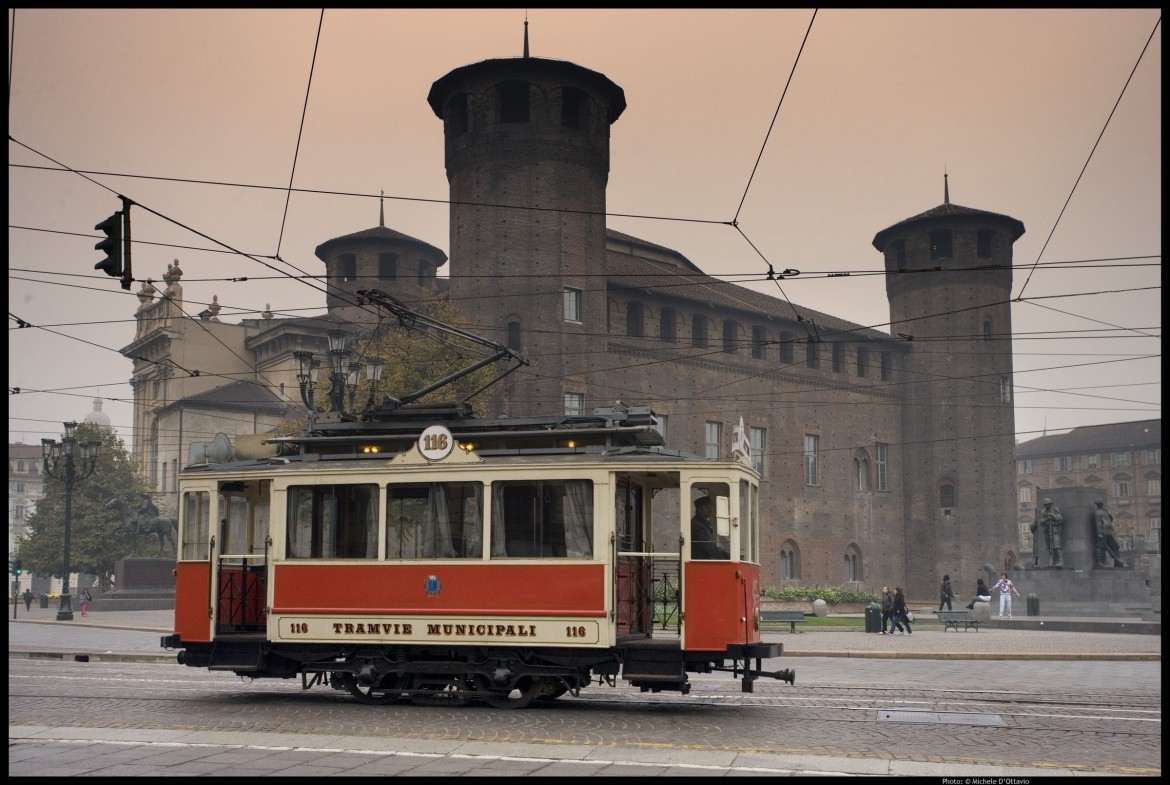Commentary
The Labor ministers’ meeting in Turin is ironic, but they don’t see it
This should be the focus of a "labor summit." How to bring the social covenant back to balance?

There is a good deal of irony, or shamelessness, in the choice of the so-called world powers to hold their “G7 Labor” meeting in Turin.
It’s like holding a meeting at ground zero, in the city that was once the highest, dense point of labor history in the 20th century story: the capital of industries and workers.
Where mass production and mass conflict entangled and nurtured each other, and still today, it carries all the signs of the plundering, the depletion of power and life, its negative statistics, the dismantling of the company town, the industrial gaps that dot its suburbs, in the rarefaction of poorly restored areas lacking history and sociality.
The “big” ones (or their representatives for corporate visits) will not see this. They will sit in the splendid rooms of the Savoy residence of Venaria Reale, the site of the loisir of the great of yesteryear, of hunting and courtesans, the symbol of all Ancien Régime that returns forever. They will talk about science, of course. And about industry, too (rather: business). They will visit some points of excellence in the showcase town that will be offered to them.
But if they have the courage to overcome the official itineraries, and take a tour of the “true” urban landscape, they just need to pass through the former neighborhood of the Vallette, a few steps from the Venaria mansion. There, they will see the ghost of what was left of Grandi Motori, in the heart of the Milan Barrier, now no man’s land. They could see their own reflection in the vacuum that they have created, with their dissenting policies, their failed dogmas, the common corporal fatigue produced by years of work.
Turin is the material symbol of a labor’s historical defeat, visible in its numbers.
Here, at the end of the 1970s, 250,000 manufacturing workers worked, mostly in metalworking, with not opulent but decent wages, with solid collective labor contracts. The vast majority had permanent positions. Certainly they were oppressed by corporate avarice but protected by a network of rights acquired through long struggle.
In Fiat alone, 130,000 were employed (all direct employees). Today, there are no more than 10,000, many of them often in redundancy pay. For others a less regulated job, almost never under union contract nor protected by eroded rights, under the motto “surrender or perish.”
Turin is the material symbol of a labor defeat in the far past.
In recent years, the ratio between temporary workers and full time direct employees has been in the order of eight out of 10. And it is roughly the same average nationally. In the second quarter of 2017, Istat tells us, three quarters of new hires were hired for short periods, so really precarious.
And Europe is not very different, not even the tetragon Germany, where minijobs are already in the order of millions (maybe five, maybe seven, depending on the calculation criteria). These affect women and men, young people mostly, who have to live with a maximum wage of €450 for 15 hours a week with an hourly salary ranging between €5 and €7.
Who knows whether the European labor ministers have read the work statistics provided by Eurostat? If they had, they would then learn that the number of people “in work” but “at risk of poverty’ in their continent — women and men at risk of poverty even though they have a full-time job — is dangerously approaching 10 percent of the population. This is a symptom of a brutal downturn in the contractual power of labor versus their employers, delirious with power.
And what if those same ministers gave a look at the statistics on the distribution of income between wages and profits (an indicator that should be a prerequisite for any discussion of the fate of labor)? They would learn that in a quarter of a century or so in the OECD countries, that breakdown has shifted around 10 percentage points of GDP from wages to profits (the equivalent of hundreds of billions of dollars a year). The social balance has shifted to one side, eroding the basis of any reasonable covenant.
This should be the focus of a “labor summit.” How to bring it back to balance? How to compensate labor for what has been taken away in the years of neoliberal delirium?
Without this ethical-political premise, no “innovation” may prove to be socially positive. In fact, it will risk worsening the “social balance.” Nor will there be legitimacy about the conclusions that will be reached at the palace.
Originally published at https://ilmanifesto.it/nella-torino-sconfitta-i-grandi-nel-vuoto-di-lavoro/ on 2017-09-30
